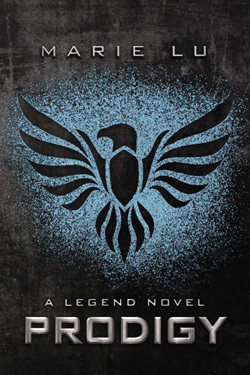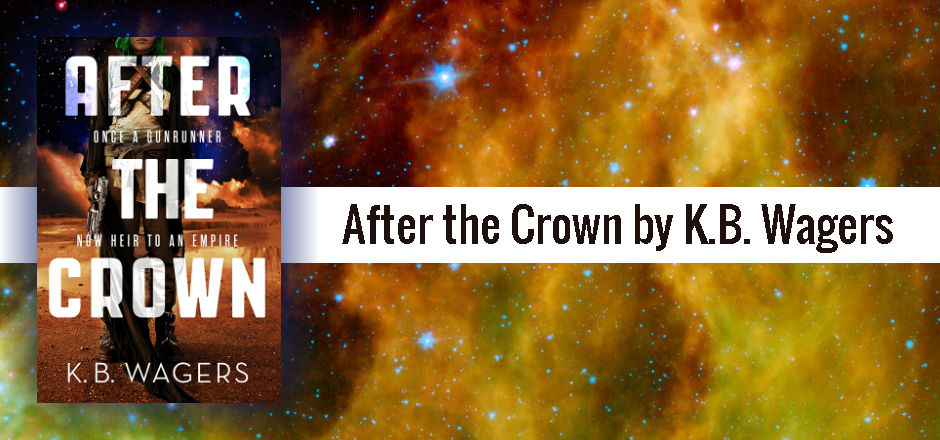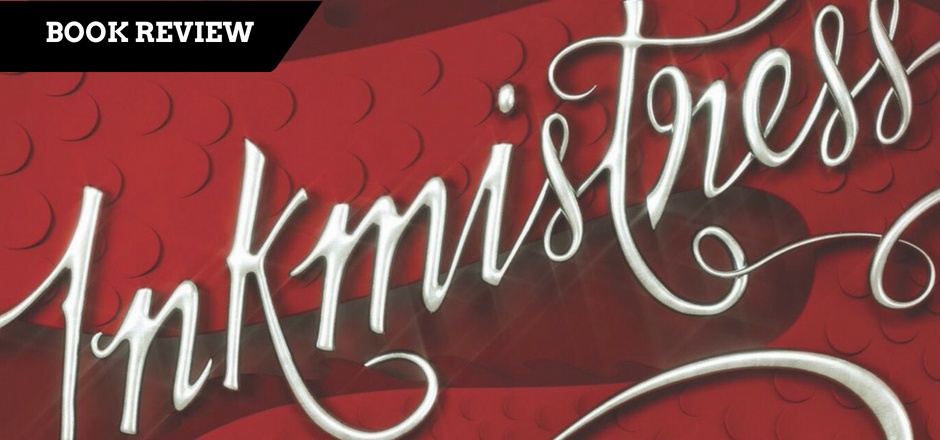Young adult dystopian is a very hard genre for me to enjoy. I’ve always loved dystopian fiction — at 14, George Orwell’s Nineteen Eighty-Four was one of my favorite books — but the current crop of young adult dystopian books are a bit difficult for me to stomach. Maybe it’s my cynicism or my dislike of happy endings. One thing I really liked about Nineteen Eighty-Four (spoiler alert, everybody) was that it had a really awful and depressing ending, which is also the reason I loved Orwell’s Animal Farm.
In my mind, a dystopia is an unhappy place devoid of hope, and most “young adult dystopian” novels are really just worlds with too many rules, and many of them are either unbelievable or have first-person narrators I find dull or un-relatable. From the first time I picked up a copy of Marie Lu’s young adult novel Legend, though, I knew this series would be different. Told from the perspectives of two vastly different characters, Legend is a different take on young adult dystopian in that it has two protagonists — and one of them is male.
According to Marie Lu’s website, Legend follows June Iparis and Daniel “Day” Wing in the dystopian nation the United States has become:
What was once the western United States is now home to the Republic, a nation perpetually at war with its neighbors. Born into an elite family in one of the Republic’s wealthiest districts, fifteen-year-old June is a prodigy being groomed for success in the Republic’s highest military circles. Born into the slums, fifteen-year-old Day is the country’s most wanted criminal. … From very different worlds, June and Day have no reason to cross paths – until the day June’s brother, Metias, is murdered and Day becomes the prime suspect.
The first book in the series is a game of cops and robbers — more in a literal sense — as June searches for Day, whom she presumes to be her brother’s murderer. The first book in the series follows Day closely, expanding his character and background. While I loved June in Legend, even I had to admit she wasn’t nearly as interesting or as well-developed as Day.
 The second novel, Prodigy, will be released Jan. 29, and after reading the ARC, I’ve concluded that not only does Prodigy avoid second-book syndrome, but it also answers some questions for me: Legend, the title of the first novel, isn’t just a reference to the tagline — “Truth will become Legend” — but more specifically refers to Day.
The second novel, Prodigy, will be released Jan. 29, and after reading the ARC, I’ve concluded that not only does Prodigy avoid second-book syndrome, but it also answers some questions for me: Legend, the title of the first novel, isn’t just a reference to the tagline — “Truth will become Legend” — but more specifically refers to Day.
Prodigy refers to June Iparis. And as such, the book is about her.
While the book is stil written in the two-perspective style, Prodigy focuses on the background and development of June, who shifts from the frigid military officer from the start of the series into a very real teenage girl afflicted with indecision, conflicting loyalties, and the same sorts of boy troubles readers of Legend may be familiar with. Prodigy succeeds in making June not only a hero, but a real person readers can relate to.
The last of those is my greatest concern with the young adult dystopian genre. While The Hunger Games‘ Katniss Everdeen is interesting and a decent role model — she’s more concerned with feeding her family than kissing boys — she was very difficult to relate to, at least for me, because she was practically devoid of emotion. While June is more concerned with avenging her family, she is also interested in kissing boys, as most fifteen-year-old girls also find.
Another great thing about Prodigy is that it starts to shift the series away from the dystopian genre, moving slowly towards young adult science fiction or futuristic action-adventure. Without spoiling too much, here’s what Marie Lu’s website says about the novel’s summary:
June and Day arrive in Vegas just as the unthinkable happens: the Elector Primo dies, and his son Anden takes his place. With the Republic edging closer to chaos, the two join a group of Patriot rebels eager to help Day rescue his brother and offer passage to the Colonies. They have only one request—-June and Day must assassinate the new Elector.
You’ll have to read to learn how the two handle this request, but as a reader, I can assure you it’s worth the read. June is one example of a great female character in speculative fiction, and Prodigy showcases her developments and her character to show a reader exactly why that is.
You can pre-order Prodigy on IndieBound or find it at your nearest independent bookstore by clicking the image of the cover. To get more updates, you can find Legend and Marie Lu on Facebook and follow Marie Lu on Twitter.
Feliza is the founder and editor in chief of Girls in Capes. She writes for all sections of the web magazine.






Nice review and a great idea for a blog. Hope it goes well!